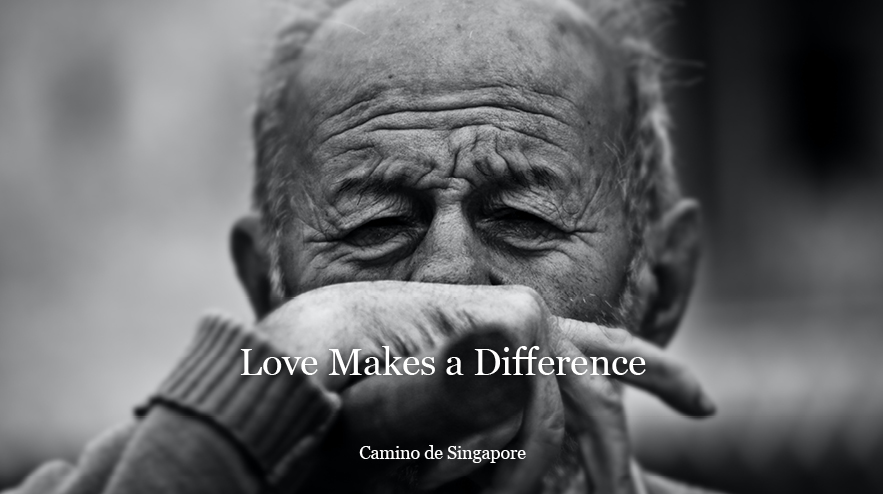No products in the cart.

Photo by https://unsplash.com/@radcyrus
A while back, an elderly neighbour came to my house asking to borrow my toolbox. Curious, I asked him why he needed tools. He shared that he had forgotten his keys, and was thinking of breaking down his door to get into the house.
I knew that he had other family members who lived with him and could help. Not wanting him to do anything rash, I invited him to have coffee at my place until someone in his family returned home.
After some time, his wife returned and I shared with her what happened. What happened next surprised me. She broke down in tears, and explained that her husband has dementia, and so she had quit her job to be his full-time caregiver. Then she apologised over and over again for the inconvenience caused by her husband.
What is Dementia and its effects?
According to World Health Organization, dementia is a syndrome in which there is deterioration in memory, thinking, behaviour and the ability to perform everyday activities. Persons with dementia often require constant care, and this places tremendous stress on the family.
As such, a dedicated caregiver must provide both physical care and emotional support for a person with dementia for many hours every day. For families who cannot afford to hire a dedicated caregiver, a family member usually quits their full-time job to take on this role. This then adds financial pressure on the family, such as in the case of my neighbour’s family.
Now, with the coronavirus pandemic and various restrictions and reduced access to professional healthcare, my neighbour faces even more challenges.
There is hope
A survey by Changi General Hospital shows that good, customised care has improved the overall well-being of a person with dementia. Various public and social service agencies also recognise the need for more support for both the person with dementia and the caregiver.
In June this year, the Agency for Integrated Care, Ministry of the Environment and Water Resources, and the Alzheimer’s Disease Association rolled out ”Support for Persons living with dementia Over the COVID-19 period” (SPOC-19) to share with members of the public and enforcement officers on how to recognise persons with dementia and how to offer assistance.
Now, with dementia day care centres, and caregiver support groups, we also appreciate that caregivers must also remember to take care of themselves so they can continue to care for their loved ones.
Love makes a difference If you know a caregiver, you can share with them some online resources for caregivers to practice self-care. That is one way we can show love, and help create a dementia-friendly Singapore.
Thomas Goh is part of the Parish Engagement team at Caritas Singapore. He is a fervent Liverpool supporter. He also has a strong passion for photography as he hopes to capture moments that can be passed down from generation to generation.
